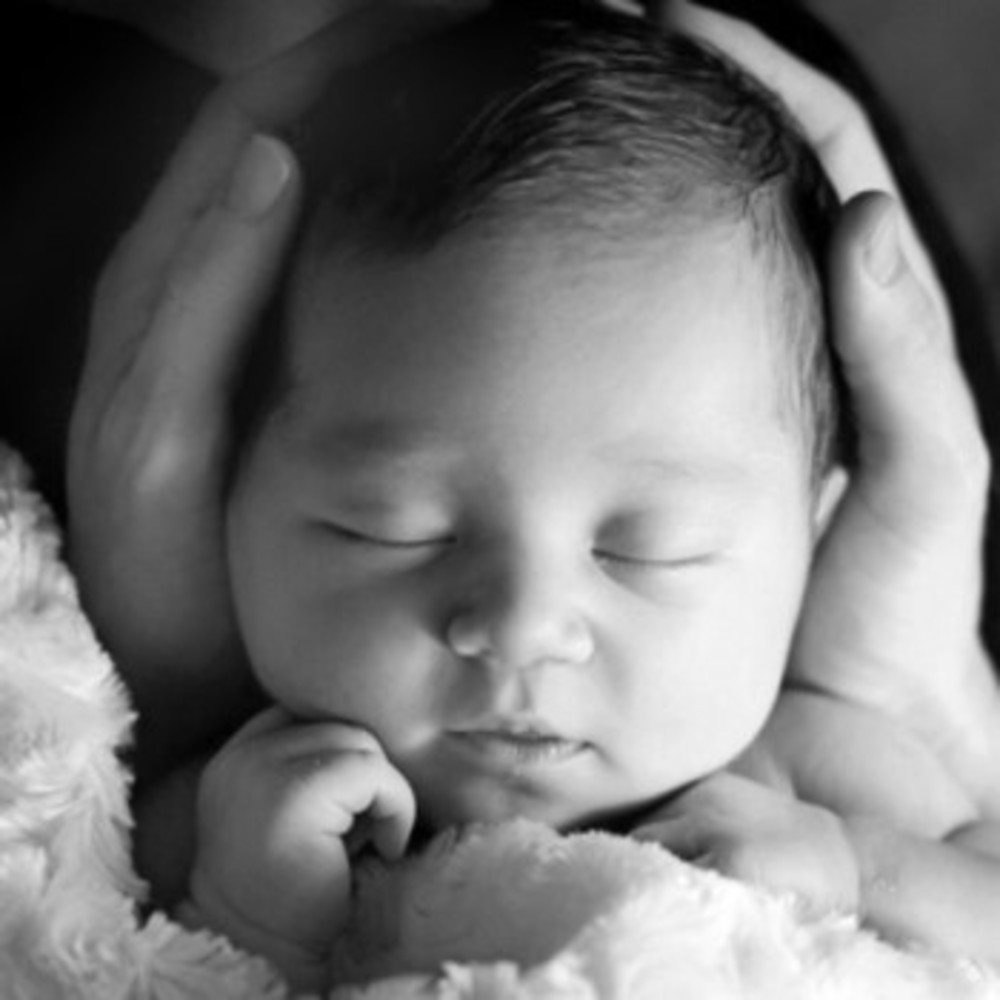Welcoming baby into an interfaith family
 Having a baby is a seminal moment in the life of a family. Most traditions have some way of marking that event and welcoming the baby as a blessing into the family and the community. Judaism is no exception.
Having a baby is a seminal moment in the life of a family. Most traditions have some way of marking that event and welcoming the baby as a blessing into the family and the community. Judaism is no exception.
For boys a clear way of doing so has been in existence for centuries. The Torah tells us that all boys are to be circumcised eight days after birth; and the basics of the ritual surrounding this act (called a bris or brit milah), including the giving of his name, have been formalized for many years. Having a naming ceremony for a girl (called a brit bat or simchat bat) is a relatively recent development, leaving more open both the when and the what of the ritual. Also recent is the advent of the brit shalom, a ceremony for boys that does not involve circumcision, often because the circumcision has already occurred in a hospital.
In my six years experience running Mothers Circle (a program for non-Jewish women raising Jewish children) I have found that interfaith families appreciate help with a naming ceremony for a boy or a girl, but a greater concern is often about the bris, both about circumcision itself and/or about how to have it done.
I was raised in a classical Reform family. My brother was circumcised (in a hospital), but then most boys were circumcised in the 1950s so it wasn’t an issue. The first bris I attended was that of a nephew when I was well into my 20s. So I understand how people who are not Jewish can react to the whole idea with ambivalence.
There are really two issues here: whether or not to circumcise at all and whether or not to do it outside of a hospital. For someone born and raised Jewish, circumcision itself is usually a no-brainer, a kind of “of course.” We do it because the covenant with Abraham is fundamental to our faith and the bris is the mark of the covenant. But to an outsider, this may not be so clear. One woman from Mothers Circle looking for a spiritual meaning was frustrated since all answers seemed to her to boil down to “just because.”
Many non-Jewish parents have little trouble with circumcision, but the idea of being present for it can be profoundly troubling. Better that it be done out of sight in the hospital. I was thus struck by the statement of one Catholic woman who works as a health professional. She said she had seen circumcisions done in the hospital and she had seen them done at home; and in her opinion home is much better. In the hospital the baby is strapped to a board with no family around. At a bris, the baby is held and is able to be comforted by his mother immediately afterward.
But fortunately, the time of welcoming a child of either sex into a family is primarily a time of great joy and celebration. Both the difficult and the joyous will be discussed at a workshop being conducted jointly by the Jewish Alliance and Temple Beth-El called “Welcoming Your Baby into Your Interfaith Family,” to be held at Temple Beth El on Oct. 28. For parents of boys the bris question is always a big one. But there are many other issues to talk about. How do I as the non-Jewish parent feel included in the process? How do I include my family of origin so that they feel a part of things? The bris or naming ceremony is frequently the first clear statement made to a grandparent of another faith that their grandchild will indeed be raised Jewish. How can we handle this with love and sensitivity?
For more information about this workshop, contact Rabbi Sarah Mack at 401-331-6070 or rabbimack@temple-beth-el.org.
And, if you’re a Mom of another faith background, raising Jewish children and are interested in learning about more than birth ceremonies, consider joining the next session of Mothers Circle, a free series of 15 classes dealing with life cycle issues, Jewish holidays and the basics of running a Jewish home.
For more information about this program, contact Michelle Cicchitelli at 401-421-4111, ext. 178 or mcicchitelli@jewishallianceri.org.
KIT HASPEL is the former director of Interfaith Outreach at the Alliance. Mothers Circle is a program created by the Jewish Outreach Institute and funded locally by the Jewish Alliance.







